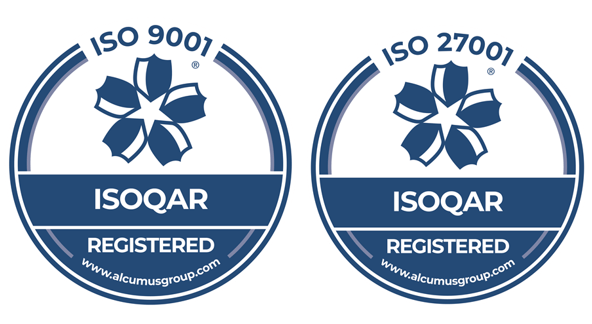Traditional ecommerce platforms holding brands back from improving their user experience?

Being able to respond and react to change is vital for any ecommerce brand to be successful and take advantage of new innovations within the market. With only 33% of ecommerce leaders confident that their ecommerce platforms allow them to respond to the needs of the business in the timescale they require (Box UK, Rethinking Ecommerce 2022), the vast majority of brands feel they cannot respond quickly enough.
Many ecommerce leaders (72%) are frustrated with the speed and agility with which they are able to make enhancements and changes to their ecommerce platforms, such as adding new functionality or creating custom integrations with third party services. 90% of ecommerce leaders agree that deploying new technologies simultaneously across numerous geographical locations is a challenge which further outlines the lack of capability traditional ecommerce platforms provide.
What’s holding ecommerce leaders back from making changes to their ecommerce technology stack quickly enough?
The speed at which businesses can adapt and make changes to their ecommerce platform is determined by the platform itself and the approach chosen when initially building the site. Typically, many brands in the past have opted for traditional, monolithic ecommerce solutions which offer little in the way of flexibility and integrations (bigcommerce.com).
When changes and integrations need to be implemented rapidly such as new payment gateways, inventory systems or enterprise resource planning systems (ERP’s), the traditional platforms often present a challenge for brands in being more difficult to implement into the system due to the monolithic approach to integrations. This also means that an increase is seen in development costs as a result (commercetools.com).
Many brands have also opted for ecommerce platforms which offer a ‘suite’ or ‘all-in-one’ package approach of different applications brought together to meet business needs. These systems often restrict brands into using the existing set of functionality with custom integrations and additions being costly and difficult to implement, not to mention being locked in by one vendor to a particular set of applications.
"90% of ecommerce leaders agree that deploying new technologies simultaneously across numerous geographical locations is a challenge."
Adopting a modular approach is the ideal starting point for any digital strategy
Those businesses which adopt a modular and multi-user platform ensure the flexibility and agility required of a modern ecommerce solution (forbes.com), allowing them to adapt and change as required to stay ahead of the curve and better compete in the market.
What is an agile Digital Experience Platform (modular ecommerce platform)?
A shift towards Agile Digital Experience Platforms (DXPs) follows a wider and longer term trend of requiring increased flexibility and agility. Agile DXPs promote collaboration, integrations, flexibility and visibility throughout the entire platform to enable organisations to react to changing consumer behaviours and adapt their offering accordingly.
Modern consumers no longer just interact with your brand through a desktop or laptop computer but instead utilise a range of devices including mobile, smart watches, virtual assistants (ie: Alexa) and a whole range of other IoT devices meaning brands must adapt their offering to cater to these channels. Consumers expect a consistent experience across all channels which requires a modern and agile solution to allow businesses to personalise and even localise their content to different audiences.
Despite the fact that modular ecommerce platforms are leading the way in enabling brands to adapt quicker to changes, our research shows that under half of ecommerce brands (46%) are currently taking the modular approach to ecommerce development across their business. Although this may be the case, it does seem that there’s an increased recognition of the benefits and value that can be obtained from using a modular system, with 51% of ecommerce leaders from our research stating they are planning to adopt a modular system within the next two years (Box UK, Rethinking ecommerce).
Small changes – big impacts
Moving to a modular system doesn’t necessarily mean you have to completely re-platform all at once. A business can make small, iterative changes and incrementally chip away at their traditional monolithic systems by retiring parts of the system at a time, replacing it with its agile counterpart. Due to the ease of integrations, iteratively modernising your technology platforms enables fast and effective development which allows ecommerce leaders to roll out new features quickly in order to maintain a competitive advantage.
Free ecommerce Consultation
Let us help guide you in the right direction to achieve ecommerce success. Whatever direction your ecommerce journey is going in we can help to inform the approach that will deliver the biggest returns in terms of revenue, growth, efficiency, and experience for your business.
At Box UK, we have a proven track record working with enterprise clients on extensive digital experience platforms which incorporate a variety of integrations, functionality and features to create amazing customer experiences.
Check out our case studies for OKdo, RS Components or take a look at more of the work we have done for clients, creating global and agile digital experience platforms. Having a team which spans across multiple disciplines, we are able to work with large scale enterprise organisations to help them achieve an end-to-end, modular DXP.
Our team members have a broad range of capabilities with years of experience spanning across Digital Transformation, Ecommerce Development, Software Consultancy, Software Development, UX Services and Platform Management.


